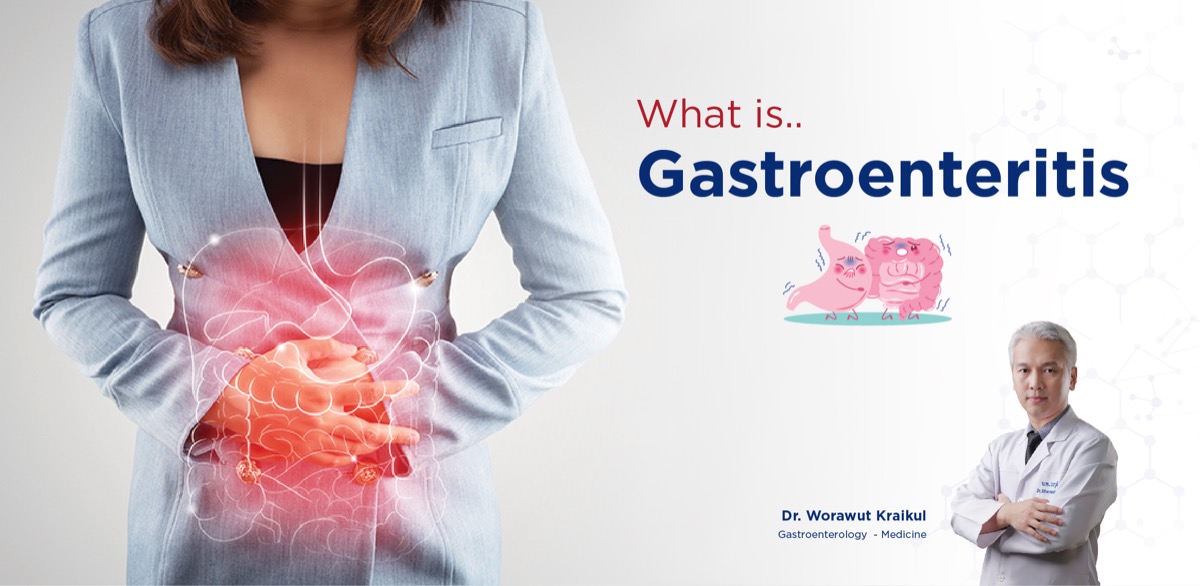
Gastroenteritis is inflammation of the stomach and intestines. It is usually caused by bacterial, viral, or parasitic infection. Its symptoms usually start within 1-2 days after infection. Common symptoms of gastroenteritis include:
- Nausea and vomiting
- Abdominal pain, diarrhoea
- Watery stool
- Low-grade fever
- Fatigue
In some cases, gastroenteritis may cause severe, life-threatening symptoms such as dehydration, shock, gastrointestinal bleeding or severe ulcerative colitis.
Treatment Guidelines
Treatment for gastroenteritis depends on its cause as follows:
- Bacterial gastroenteritis is usually caused by Helicobacter pylori infection. This bacterial infection is usually treated with antibiotics. The antibiotics most commonly used are as follows:
- Amoxicillin
- Clarithromycin
- Metronidazole
- Viral gastroenteritis is usually caused by Norovirus or Rotavirus infection. The patient’s symptoms usually improve within 1-2 days. The doctor may prescribe some medicines to relieve symptoms, such as antiemetics, antidiarrheals, and antipyretics.
- Parasitic gastroenteritis is usually caused by the Giardia or Cryptosporidia. To treat this parasite infection, doctors typically prescribe antibiotics. Antibiotics commonly used to treat giardia parasitic infections include:
- Fluoroquinolones
- Aminoglycosides
Patients suffering from gastroenteritis should also make sure they get enough sleep, stay hydrated, and consume bland, easy-to-digest food such as soup and rice porridge.
Prevention of Gastroenteritis
Viral, bacterial, or parasitic infections, the causes of gastroenteritis, can be prevented by following these suggestions.
- Wash your hands thoroughly with soap and water or use an alcohol-based hand sanitizer
- Avoid eating potentially contaminated food or water
- Thoroughly cook your food
- Keep your food at the right temperature
- Avoid eating food that has been left out too long
If you experience symptoms of gastroenteritis, you should consult a doctor immediately to receive the right treatment.






